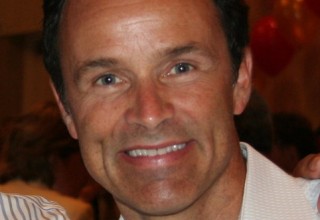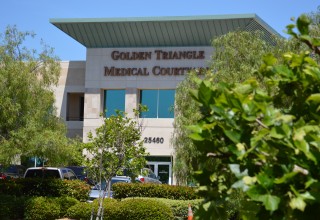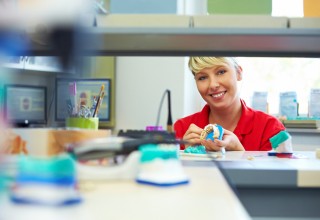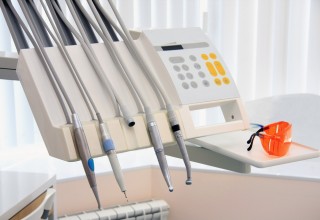High Probability Of Growing New Teeth In The Future Using Dental Stem Cells
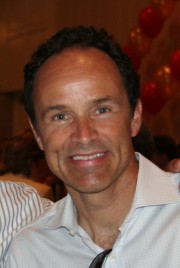
Murrieta, CA, August 20, 2014 (Newswire.com) - Modern science has immensely changed everyone’s daily life and quality of life over the last four to five decades. In the health arena, the successful science achievements and ever evolving discoveries and solutions such as eradicating fatal diseases or replacing human organs have propelled scientists into once unthinkable research and applications. One research area that has significant ramifications to improve our health revolves around stem cells found in teeth. Murrieta dentist, Dr. William Neff acknowledges, “A unique opportunity exists in dentistry with the discovery of stem cells existing within both wisdom teeth and non-exfoliating primary or baby teeth. It would be possible to save these stem cells for future use by each individual and someday use them as technology develops to aid in one’s healthcare. This may also alleviate certain group’s religious objections to stem cell research.”
There has always been controversy over the stem cell subject. Why? What exactly is a stem cell anyhow? Stem cells are cells that can be manipulated into becoming another type of cell to repair or rebuild damaged tissue. Essentially, they are blank cells which can be manipulated into producing any other type of cell desired. Scientists believe that these cells hold secrets to amazing medical breakthroughs, such as treating currently incurable diseases, or successfully rebuilding tissue that has been damaged beyond repair. The controversy in stem cell research arises from the methods for harvesting the stem cells. The leading sources of stem cells have been embryonic tissue which likely results in the destruction of the embryo. The discovery of stem cells involving baby teeth and wisdom teeth changes the controversial landscape into a noncontroversial issue.
If and when a new tooth is created from an individual's own dental stem cells, it will revolutionize the dental industry.
Dr. William Neff, DDS
Due to the fact harvesting stem cells does result in an embryo’s destruction, using dental pulp stem cell from extracted tooth is more tolerable to the religious and ethical community. Most people have their wisdom teeth extratctions due to crowding and their nonfunctional nature. Some children also need primary tooth extractions for crowding reasons. “These facts present an excellent opportunity for people who are getting these procedures done anyway to utilize their teeth in an amazing way,” comments Murrieta dentist Dr. Neff. As such, it makes them especially conducive as a source of stem cells, where a person’s own teeth could provide stem cells that help them in the future.
The potential value of stem cells from baby and wisdom teeth appears promisingly bright. In the past, researchers harvested stem cells taken from bone marrow to create cells of various organs, including bone and heart muscle. However years of research suggests that stem cells taken from a tooth pulp, the living portion of the tooth that contains embryonic-like cells, may create organ tissues faster. Unlike controversial embryonic stem cells, stem cells from wisdom teeth may be harvested specifically for the donor. The potential from dental pulp stem cells include generating bone, generating cartilage, generating bone and tissue from the oral cavity, repairing damaged cardiac tissue, generating nerve and brain tissue, repairing muscle, and curing type 1 diabetes. Most recently, according to a July 2014 study, reported on Neural Regeneration Research (Vol. 9, No. 6, 2014), University Of Birmingham, UK researchers have discovered that teeth derived stem cells prevent a leading cause of blindness caused by degenerative diseases or traumatic injury.
Going to the dentist may be a future life altering event. Imagine that inherited genetic diseases may be treatable with an individual’s own dental pulp stem cells. In time, individuals may be able to bank their own stem cells from baby teeth and wisdom teeth, similar to the way umbilical cord blood are now stored to address future health needs. Furthermore, regenerating an entire tooth may soon become a reality.
